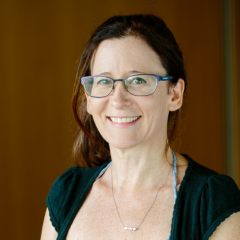Aquatic environments are increasingly exposed to a myriad of organic chemicals as human populations expand their environmental influence. These chemicals primarily originate from wastewater treatment plant effluent and rainfall runoff from urban and agricultural areas. Biodegradation of organic chemicals is recognised as a key process in chemical removal from aquatic environments. However, our knowledge of how quickly these chemicals biodegrade in diverse aquatic environments is limited. This uncertainty makes it challenging to accurately assess the risks these chemicals pose to aquatic environments and human health.
Most studies so far have focused on rivers in temperate and Mediterranean regions (i.e., European rivers), leaving a gap in our knowledge about other types of relevant aquatic environments, such as reservoirs, estuaries, and marine environments, especially in sub-tropical and tropical areas. This project aims to fill that gap by measuring the biodegradation of over 100 chemicals across diverse aquatic environments in Australia using a laboratory experiment and assessing their spatial variability. We also compared the biodegradation occurring in these diverse aquatic environments in Australia to an equivalent baseline study conducted in European rivers. Additionally, we conducted one of the first investigations into how well laboratory results predict biodegradation in the field by running field and laboratory experiments in parallel. Ultimately, this research aims to provide a clearer picture of the biodegradation of organic chemicals in diverse aquatic environments, therefore improving our knowledgebase for assessing chemical exposure.
Conference Abstracts
Weir, L., Posselt, M., Chanson, H., Mueller, J. & McLachlan, M. Estimating surface-water travel time in a wastewater impacted river: a comparison of transport and hydraulic models, Workshop on Environmental Fluid Mechanics, Geophysical Flows and Modelling 2024, Australia, 26 September 2024.
Weir, L., Tian, R., Mueller, J. & McLachlan, M. From river to sea: Spatial variation in chemical biodegradation rates applying a modified OECD 309 Laboratory experiment, What’s In Our Water, Canberra, Australia, 29-31 October 2024.
Prizes/Awards
- 2024 What's In Our Water conference, Best Student Presentation



